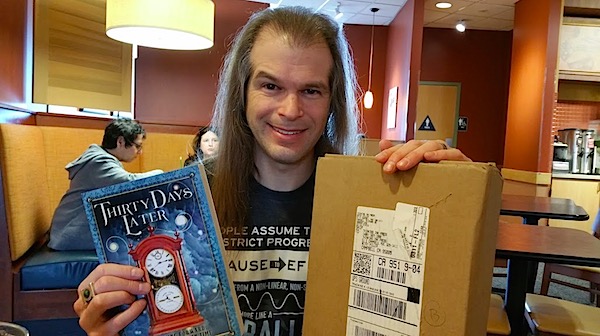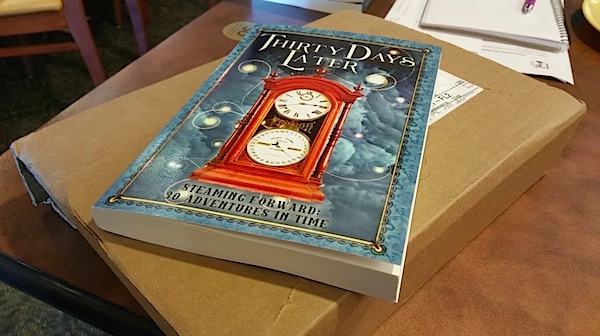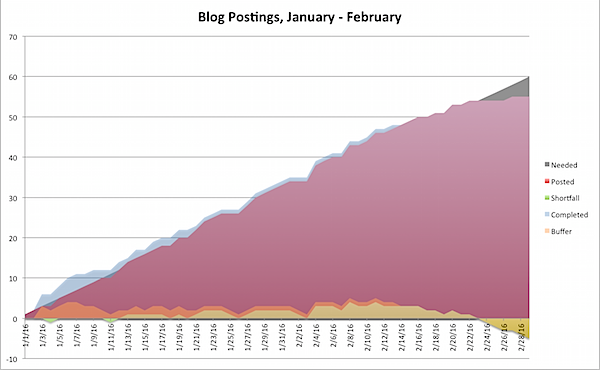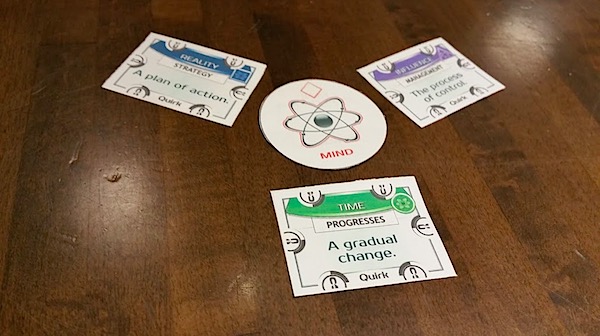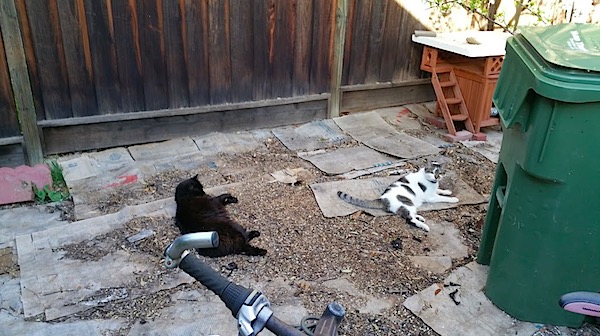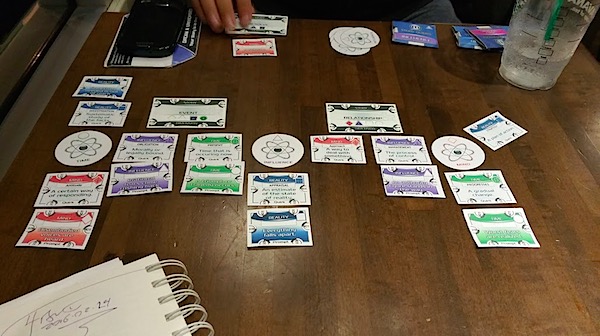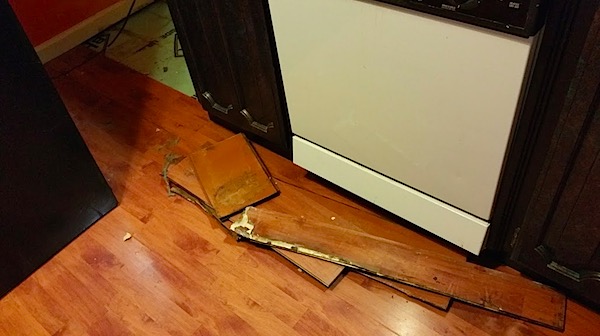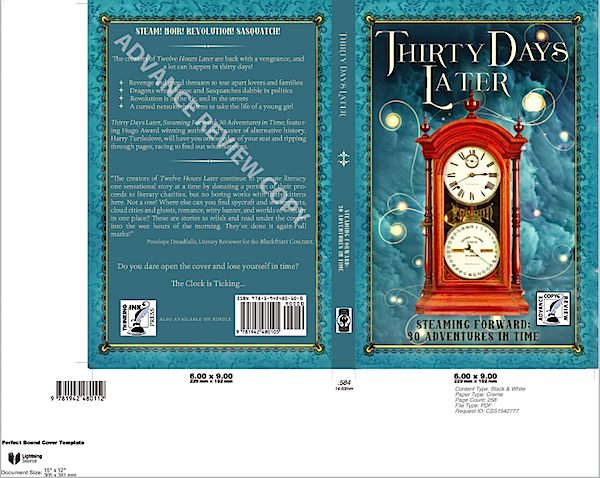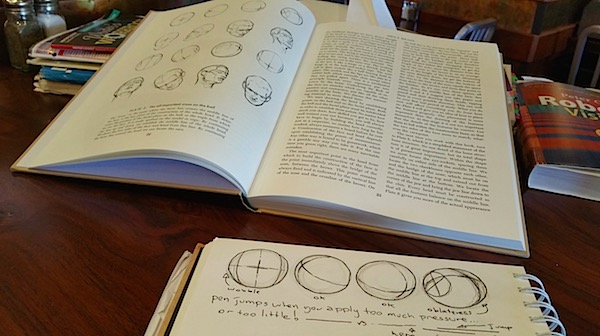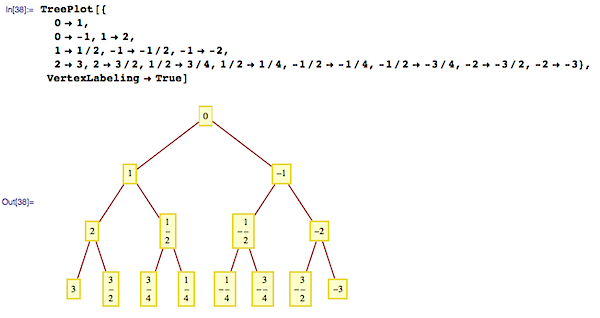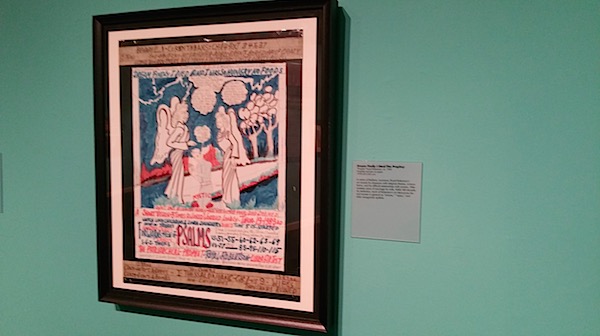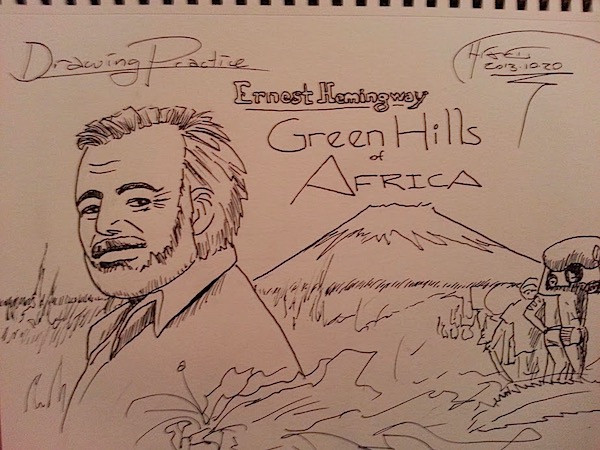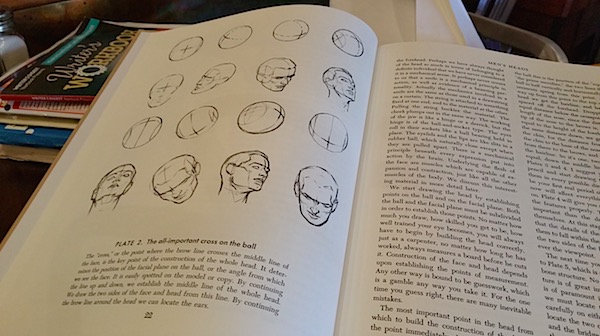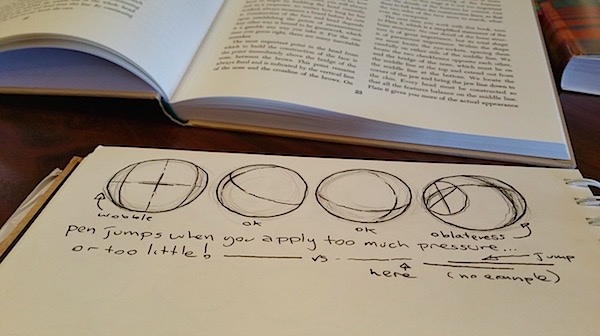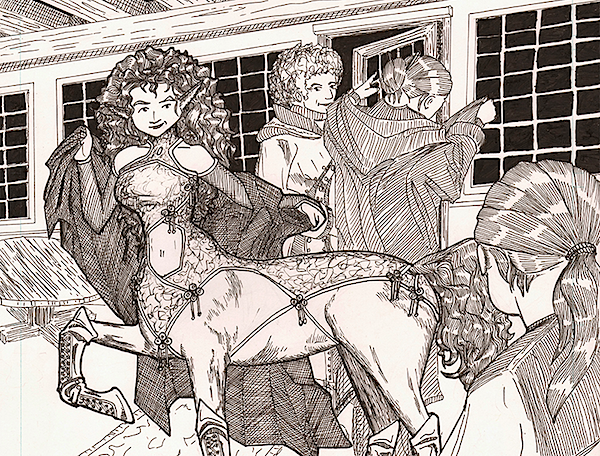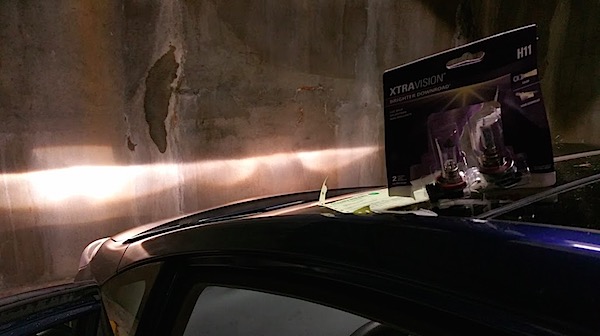
So, I’m behind on my blog. And several posts have died on the vine because events have moved too fast.
So let’s get you all caught up on what’s going on.
It all appeared to start when the lights burned out on my car. This was distressing because I’d just had them replaced, twice in the last nine months, and is a real pain in the kestrel because while one of the bulbs, the left side, is easy to replace, the other, the right, is devilishly hard to get to, and even harder to put back because of a bracket that pokes right where your hand should go. The bruised back of my right hand is still hurting from the attempt to get the bulb back in - but as you can see above, I succeeded. I even took a picture, with the ripped up package that had held the new bulbs now holding the old bulbs, just to prove I did it.

I felt good about that, and so had a nice meal - actually, that’s a lie. I was already heading to dinner - and actually, that’s a lie too, I was at work. I fixed my car's headlights on the first dry day after the day I bought the bulbs, squeezing it in between a bank trip to fix some Thinking Ink Press business and my usual evening “break” which consists of a drive listening to a fiction audiobook (“Imprisoned with the Pharaohs” by Lovecraft), a dinner reading technical papers (on deep learning) and a coffeehouse run working on writing stuff (more Thinking Ink Press work and research for the new opener of THE CLOCKWORK TIME MACHINE).
But, as the evening wound down and I packed it in to go to the gym with my night-owl wife, I started mentally planning a short blogpost about “So I can fix my car!” which I felt all unwontedly triumphal about since I’d tried replacing these bulbs two or three times before and always had to get it done at an auto shop, but “Look, Ma! Bruised hands!” I did it myself this time, and I felt great about it.
Until I got back to my car and it failed to start.

The car’s failure mode was strange. The door opened, the lights came on and stayed on, all normal - but then all the interior displays flickered and died without starting the engine, and then progressively all electric circuits on the car locked up, including the locks and the trunk - though some weird device in the hood of the car made a sad, dying-Millennium-Falcon-hyperdrive whine. The failure was so strange, in fact, that at first I thought I’d fried a circuit when I was struggling with the light (though later I realized that would probably have just blown a fuse).
So there I was, eleven at night, with a dead car, in a sub-sub-basement parking garage in a part of Palo Alto so spooky I’ve written about it as a haunt of vampires. (In the middle part of the third Dakota Frost book, LIQUID FIRE, available on Amazon in print and on Kindle - am I spoiling the mood? I’m spoiling the mood. I’ll stop).
My night-owl wife was desperately trying to finish the antiquing on a mirror due tomorrow, so I was unable to get her on the phone - and she was forty-five minutes away regardless. So I tried to carefully think through my options: call a roadside service (which I don’t have), get the car towed to a nearby garage (a prospective gamble if the garage couldn’t take me), rent a car to get home (somewhat expensive), get a nearby hotel until the morning (probably more expensive), get a cab (certainly much more expensive), and so on, and so on. I settled on a tow truck with good Yelp ratings, only to find that they couldn’t send a truck out until morning because of the ridiculously low clearance of the sub-sub-basement of the parking garage I was parked in (6’8”).
We canceled it, and I finally got a call from my wife, who agreed to pick me up. With difficulty I extracted my work laptop from the frozen trunk of the car and sealed the car up. It was midnight, and almost everything was closed, so I then trudged to a nearby Subway and waited, starting on my work laptop the work I was fairly convinced I wouldn’t have time to get to the next morning, all the time thinking about a blogpost “So I can fry my car” while I angstily considered the wisdom of running 130,000 miles on a car, or working myself to the bone, or of a late-night coffeehouse run with my car in such a low clearance garage.
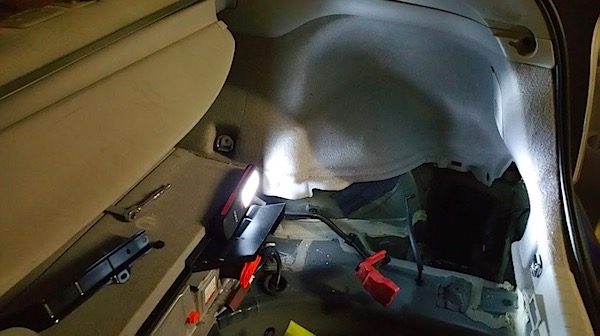
The next day, after canceling my morning meetings, arranging a tow and a garage visit, and an adventure in helping my wife deliver her mirror, my wife brought me back to the parking structure. The sub-sub-basement was sealed - it’s private parking during the day - and after wandering around looking for a buzzer an eagle-eyed security guard found me and agreed to let me in. The tow was almost guaranteed to be expensive because of the clearance, so the tow company sent a battery technician out; after another adventure guiding the technician to the poorly marked garage via cell phone, we found out that the progressive death of power in the car should have been a hint. The Prius’s backup 12-volt battery, the original which came with the now six year old car, had died. Perhaps I left the lights on when I left the car, though I don’t recall doing that; the repair technician’s opinion was the battery was crap, outputting bursty voltage (? really? but it was visibly frying his instrument) and that’s what fried my lights and was on its way to frying my other electrics. Um … sure, not sure I’ve heard that failure mode before, but $300 dollars later, I had a functioning car.
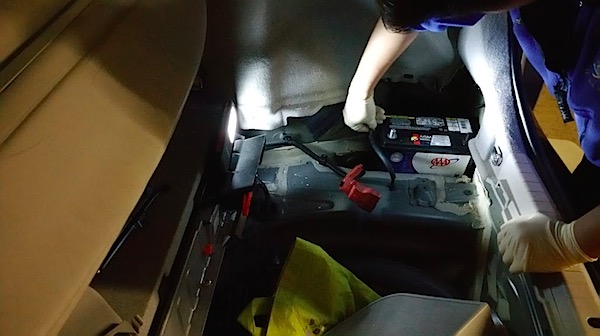
The thoughts that I’d fried my own electrics, or even left the lights on, were red herrings. Now, I don’t mean red herrings like those smoked fish that activists used to drag along the path of a fox to throw hounds off the scent, though that would have probably fried my electrics, or even red herrings like those false clues mystery writers use to throw the readers off the track of the real killer, though leaving my lights on to throw me off is the kind of sneaky thing that a mystery writer might do, and it is the mystery usage that inspired the sense which I do mean; no, I mean the red herrings of debugging: those things that happen right around the time a problem happened, but which have nothing to do with it - so no amount of investigation of them will make sense.
No amount of looking for a shorted wire in the hood would have revealed my dead battery in the trunk. No amount of brain wracking about whether the lights were on would have revealed anything about the age of my car. The actual solution didn’t involve more digging into the obvious possibilities, but involved doing something completely different - collecting data about a different system, using instruments I didn’t have on hand. Even without the intuition that the battery was old or the drained power was a sign of power loss or the possible lights out were a battery issue, one look under the hood of my car - where I could find no system with which I was sufficiently familiar to successfully debug or even feel safe with experimentation - should have told me to call a roadside expert to do tests I couldn’t perform myself and to effect a repair in minutes what would have taken me hours.
Similarly, the idea of running myself too hard or exposing myself to risk from a late night coffee run with my car parked in a nearby garage were red herrings. I had fun that night, fixing my car, making things happen with the small press, my car was parked conveniently, and even with the failure little more thought about the problem would have had me call out roadside service, gotten a new battery, and I could have driven it home. The long time walking around making phone calls in the dreary parking garage sucked, but no more than the time when, as a child, my dad’s motorcycle had a breakdown way out in the country, and we had to call a friend to pick us up. We waited hours then, like I waited an hour and a half that night; but the car came, the ride home happened, and then the problem was fixed. I got home late, sure, but it was after a nice ride with my wife talking about life. I missed a couple of morning meetings at work, sure, but I got to have a sandwich with my wife before she went home, and I drove my own car to my next meeting, which went swimmingly. And I even got some work done, and learned something. Studying the different methods of gradient descent, working through implementations in TensorFlow, and modeling function parameters in Mathematica, that time in the parking garage was long forgotten.
So, red herrings. Things can go wrong, but the obvious causes aren’t the obvious causes. Don’t blame the wrong thing, or you can spend a lot of effort hurting yourself. Do the due diligence to find the real causes - and then make the right choices to solve the real problems, and then move on, and on, and on, solving one problem at a time until you at last fall asleep at home, content.
That’s the only thing that really works.
-the Centaur
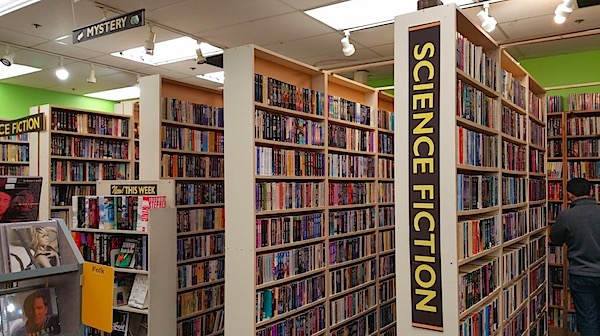
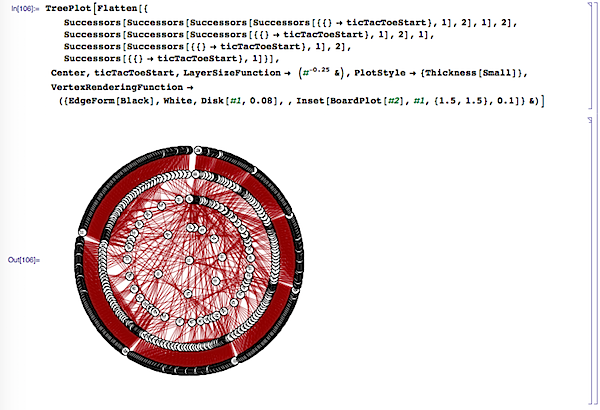
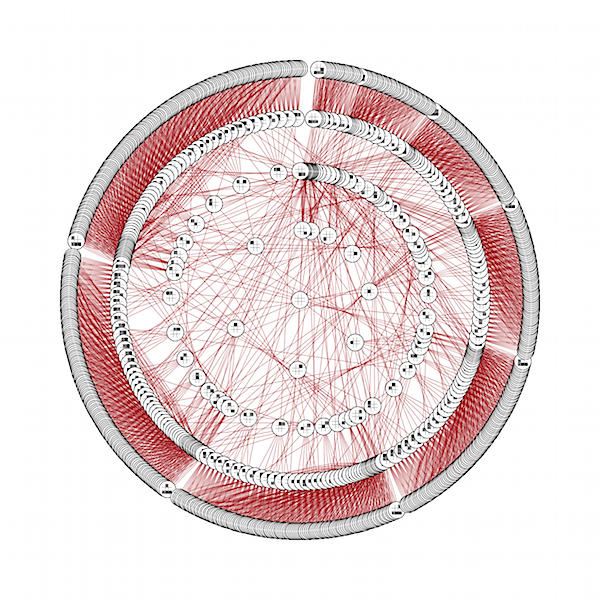

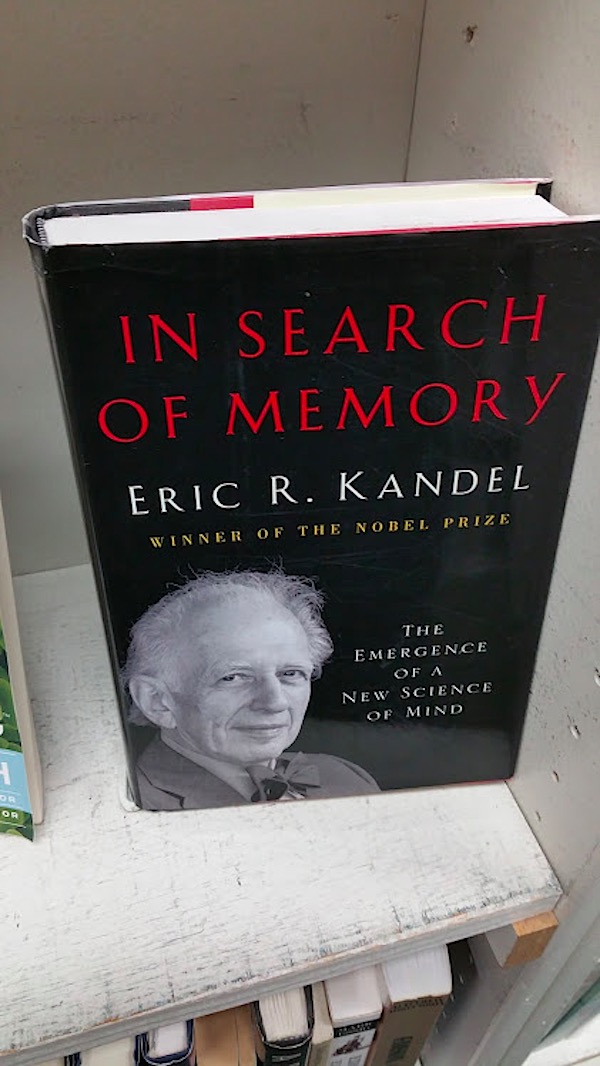





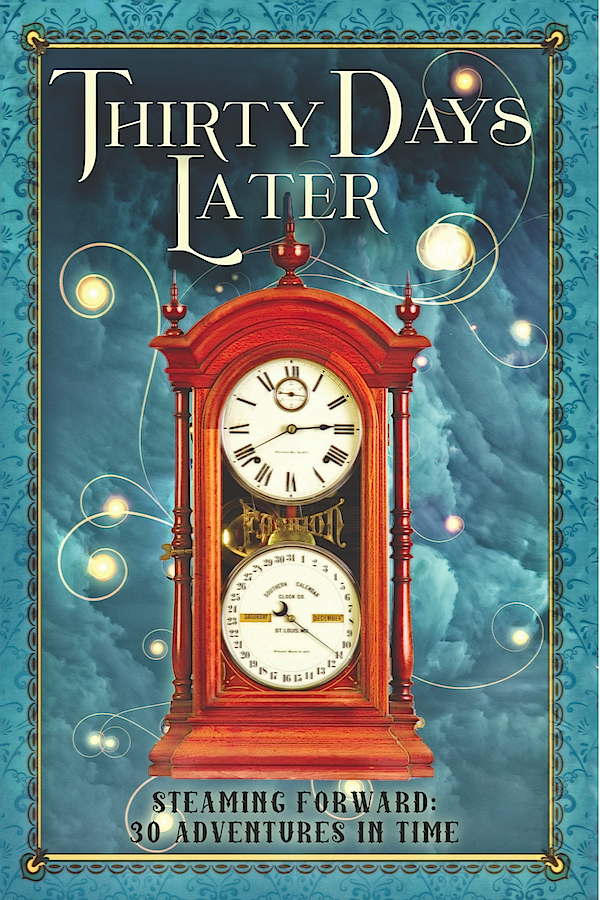

 But Rush has been touring for 40 years, their R40 concert was amazing, and their last several albums were solid - if there’s any time they should stop, this is it. If I’d done something awesome for 40 years and I felt inclined to stop, that would be a good point to do it. (I never plan to stop; I want to faceplant in my keyboard before they freeze my head, but hey, that’s me).
But Rush has been touring for 40 years, their R40 concert was amazing, and their last several albums were solid - if there’s any time they should stop, this is it. If I’d done something awesome for 40 years and I felt inclined to stop, that would be a good point to do it. (I never plan to stop; I want to faceplant in my keyboard before they freeze my head, but hey, that’s me).
 Rush was my introduction to rock; it was the first rock band I enjoyed, the first music that my friends liked that I liked too. (Normally there’s no crossover, or, rarely, the musical introductions went the other way around). I still remember “Tom Sawyer” though, after the death of my dad “Vapor Trail” is my favorite. And a Rush concert was one of the first dates I had with my future wife.
Rush was my introduction to rock; it was the first rock band I enjoyed, the first music that my friends liked that I liked too. (Normally there’s no crossover, or, rarely, the musical introductions went the other way around). I still remember “Tom Sawyer” though, after the death of my dad “Vapor Trail” is my favorite. And a Rush concert was one of the first dates I had with my future wife.






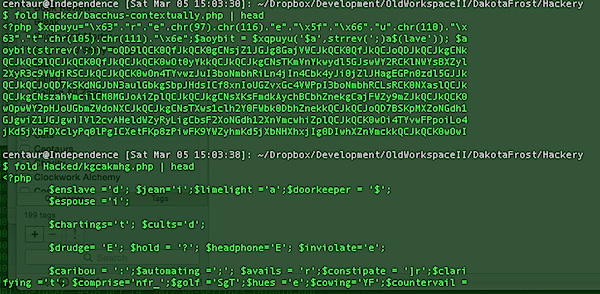


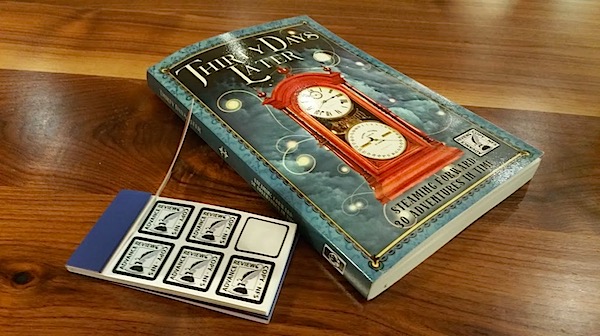
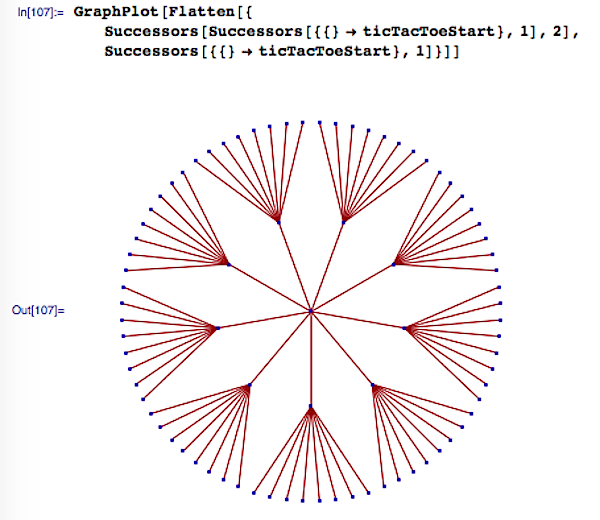
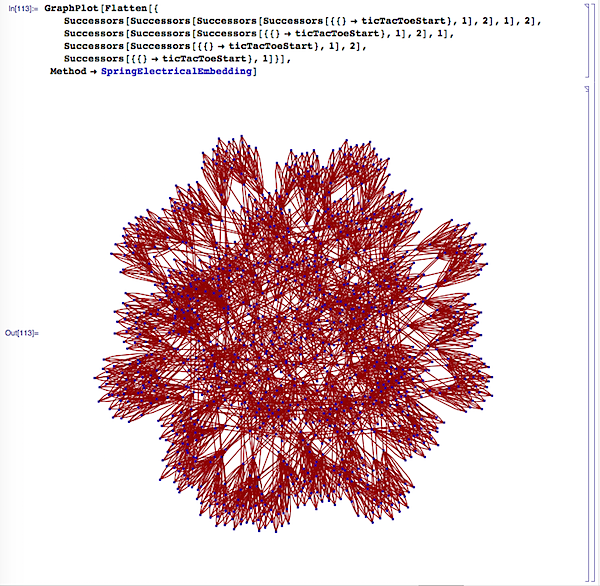
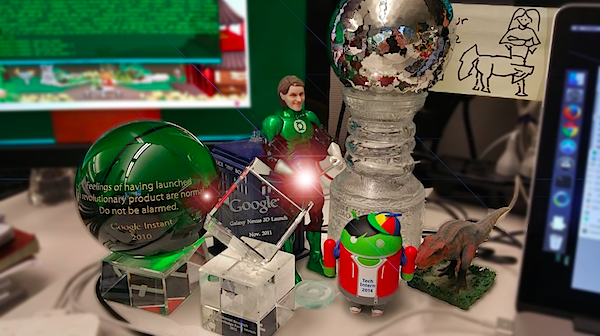 I’m a packrat - not just the six tons of books I have in my library (as of 2006! God knows how much I’ve got now) but at work, where in last week’s office move I had thirty-two individual labeled items for the movers to move, sixteen of those boxes of stuff (again, mostly books, both for my personal library and for the robotics team library). But there were two boxes of stuff I took home, along with various bric-a-brac - mostly genre toys, a lot of them items only there for entertainment, like my large centaur statue or my mini R2D2 robot. But in that is a far more important genre of materials - in a way, the third most important category of things on my desk.
The most important thing on my desk is the computer - I’m there to work, natch. The next most important thing is a picture of one of our cats - not because cats are important, but because it’s a reminder of my wife and family, of why I’m working. But the third most important thing are a set of awards, swag and trophies from work itself.
These trophies include everything from a major award for a team I was on to a tiny piece of swag for hosting an intern. Not a one of them - not a one - is a major award for me in and of myself, sorry; my contributions were minor. But they are reminders that I’ve done something at work I can be proud of. As a neurotic workaholic, I need that feedback to keep going.
When I’m struggling, when I’m fighting an algorithm, when I’m debugging code, I can always look to my right, see my cat sitting in front of a sabertooth skull, and remind myself why I’m doing what I’m doing; then I can look to the left, give my Google Instant globe a spin, and remind myself that hey, don’t you worry: you’ve got this.
-the Centaur
I’m a packrat - not just the six tons of books I have in my library (as of 2006! God knows how much I’ve got now) but at work, where in last week’s office move I had thirty-two individual labeled items for the movers to move, sixteen of those boxes of stuff (again, mostly books, both for my personal library and for the robotics team library). But there were two boxes of stuff I took home, along with various bric-a-brac - mostly genre toys, a lot of them items only there for entertainment, like my large centaur statue or my mini R2D2 robot. But in that is a far more important genre of materials - in a way, the third most important category of things on my desk.
The most important thing on my desk is the computer - I’m there to work, natch. The next most important thing is a picture of one of our cats - not because cats are important, but because it’s a reminder of my wife and family, of why I’m working. But the third most important thing are a set of awards, swag and trophies from work itself.
These trophies include everything from a major award for a team I was on to a tiny piece of swag for hosting an intern. Not a one of them - not a one - is a major award for me in and of myself, sorry; my contributions were minor. But they are reminders that I’ve done something at work I can be proud of. As a neurotic workaholic, I need that feedback to keep going.
When I’m struggling, when I’m fighting an algorithm, when I’m debugging code, I can always look to my right, see my cat sitting in front of a sabertooth skull, and remind myself why I’m doing what I’m doing; then I can look to the left, give my Google Instant globe a spin, and remind myself that hey, don’t you worry: you’ve got this.
-the Centaur 